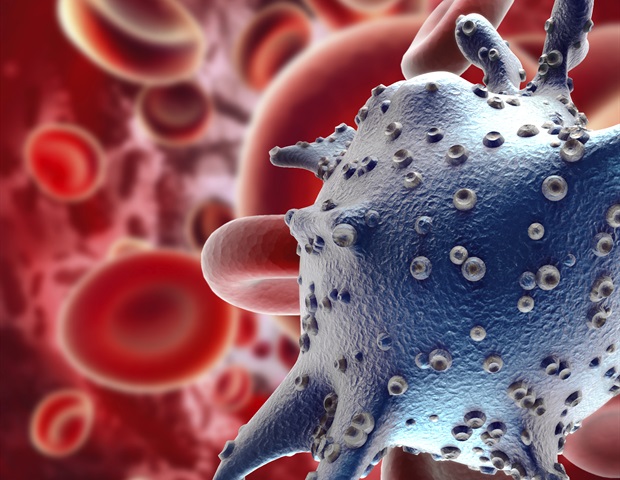The discovery of a surprising way yeast used to brew beer can survive starvation could open the door to new treatments for cancer. The discovery, from University of Virginia School of Medicine scientists and their collaborators at EMBL in Germany, reveals a never-before-seen adaptation that helps yeast cells go dormant when nutrients are scarce. This ability to hibernate during stress mirrors cancer's ability to survive nutrient shortages that accompany the cancer cells' unchecked growth.
The unexpected findings could lead to new strategies for making cancer cells more vulnerable to starvation and easier to treat, said researcher Ahmad Jomaa, PhD, of the School of Medicine's Department of Molecular Physiology and Biological Physics. "Cells can take a break when things get tough by going into deep sleep in order to stay alive, then at a later point they seemingly just come back," said Jomaa, part of UVA's Center for Membrane and Cell Physiology. "That's why we need to understand the basics of adaptation to starvation and how these cells become dormant to stay alive and avoid death.
" Surviving stress S. pombe is a species of yeast that has been used for centuries to brew beer. But it's also an invaluable research tool for scientists because of its similarity to human cells.
By better understanding S. pombe , we can better understand fundamental cellular processes in both healthy cells and cancerous ones. Working with Simone Mattei, PhD, and colleagues at EMBL, Jomaa and his tea.


















